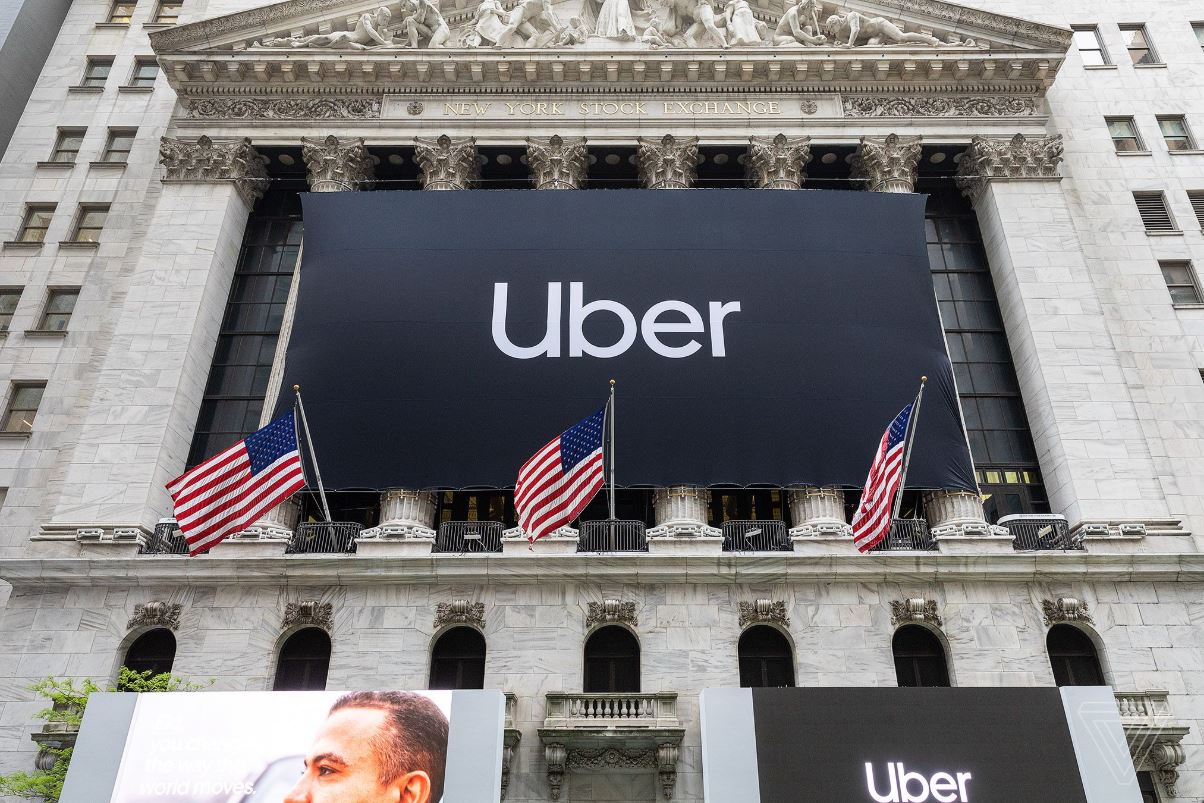Uber has today announced the acquisition of Routematch, a two decade old company that specializes in providing public transport data to over 500 transit partners globally. As a part of the deal, Routematch will integrate closely with Uber’s pre-existing public transit service ‘Uber Transit’ to make public transportation “more accessible”.
In a join press statement from the companies, they said, “This acquisition brings together Uber’s expertise in on-demand, global mobility technologies with Routematch’s proven capabilities across paratransit, payments, fixed-route tools, and trip planning services. Both companies believe it will create new innovations that make it easier for agencies to provide the right transportation solutions to their riders, through an expanded suite of technologies.”
Routematch isn’t new to the public transit domain. The company has been in this business for over two decades, providing critical software to public transit companies globally. The company has vast experience in working with data in this domain, which would feed in well to scale Uber’s transit business line. “We believe that inclusive transportation software can help transit agencies deliver more value for riders, businesses, and communities.”, said Uber in a statement.
For Uber too, public transit has been a business line for some time. The company has been display public transit data on its app in the US and has also enabled ticket purchases in its home markets. But this will be the first time when it is taking a definite stride into the public transportation segment.
Uber has, for quite some time now, looked at ways of diversifying from the core and stagnated ride hailing business. Even as business in its home market US stagnates, the company has faced intense competition elsewhere around the world. That resulted in some forced fold up of businesses, such as the one in China.
And with COVID-19 making car ownerships even more difficult for most, businesses such as ride-hailing will be drastically affected. Effects for Uber are already there to see. In the first quarter of 2020, the firm reported $2.9bn in loss, despite witnessing a record jump in bookings. On the other hand, bookings in Uber Eats –another non-core business — were up by 54% at the same time. Uber had laid off about a quarter of its employees (note that their cab drivers don’t count as employees) and shut down 45 active offices.
Last month Uber had signed a deal with Marin Transit(a public bus agency based in California, US). This represented Uber’s first Software-as-a-service partnership with any transit agency in the world. Today’s acquisition plays a major role in Uber’s rising hunt for SaaS revenue.
Earlier, on July 6th, it had acquired Postmates for $2.65bn – expanding its food delivery business unit UberEats after several rounds of rumours. The firm then launched its very own grocery delivery in select Latin American and Canadian cities.
The Tech Portal is published by Blue Box Media Private Limited. Our investors have no influence over our reporting. Read our full Ownership and Funding Disclosure →






